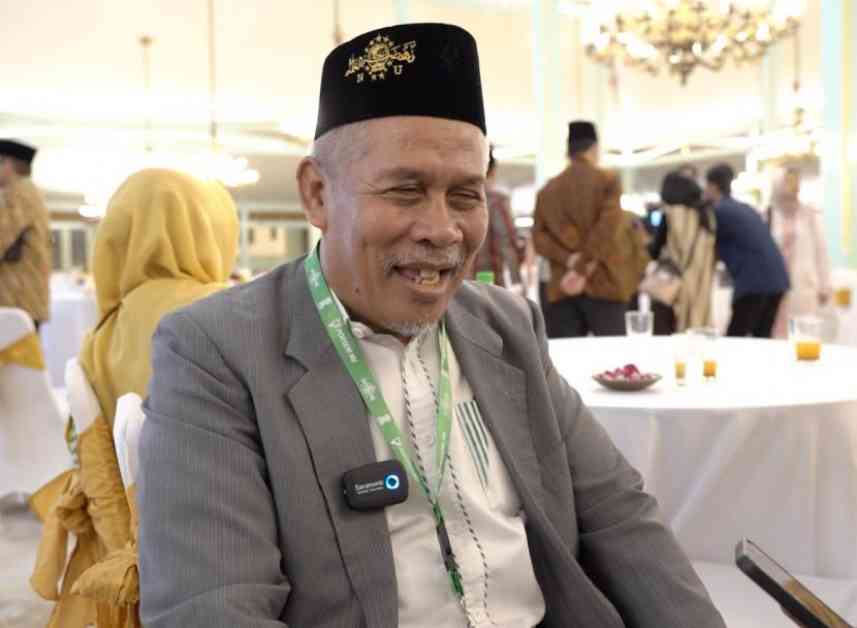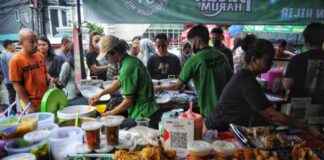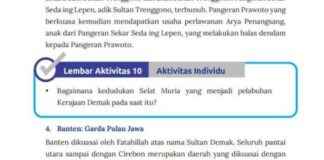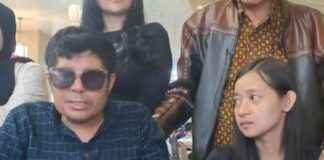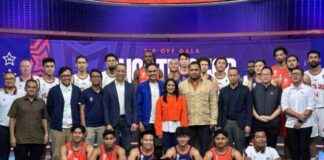Kiai NU Advocates for Proper Use of Baznas Funds
In a recent statement, several kiai Nahdlatul Ulama (NU) leaders have emphasized that the Free Nutritious Meals (MBG) program initiated by President and Vice President Prabowo Subianto-Gibran Rakabuming Raka’s administration should not utilize funds from the National Amil Zakat Agency (Baznas). This assertion is rooted in the understanding that zakat, a form of Islamic almsgiving, comes with specific conditions and must be managed according to established guidelines.
Kiai Marzuki Mustamar, a prominent figure within the NU community, highlighted the religious principles surrounding zakat during a press briefing in Kediri. He underscored that zakat collections are subject to distinct regulations and are intended for designated recipients based on Islamic teachings. Therefore, diverting zakat funds for nutritional supplementation programs may not align with the traditional interpretations upheld by the NU scholars.
Respecting Religious Tenets
Expressing his concerns, Kiai Mustamar emphasized the importance of adhering to religious principles and respecting the sacred nature of zakat disbursement. He articulated that any deviation from the prescribed guidelines could potentially compromise the integrity of the zakat system, particularly when considering the diverse backgrounds of potential beneficiaries.
Quoting Kiai Mustamar, “We remain steadfast in our religious beliefs and practices. Any misappropriation of funds that contradicts our established norms and regulations is a cause for concern. It is imperative to uphold the sanctity of zakat distribution, especially when addressing the needs of both affluent and non-Muslim individuals.”
Support for Nutritional Programs
Despite their reservations regarding the funding source, Kiai NU leaders expressed solidarity with the government’s initiative to provide Free Nutritious Meals, recognizing the critical importance of nutrition for children’s well-being. They underscored the significance of ensuring that such programs adhere to Islamic principles and do not violate established religious guidelines in their implementation.
Acknowledging the positive impact of nutritious meals on children’s health and development, the NU scholars reiterated their support for initiatives aimed at enhancing food security and nutritional access among vulnerable populations. They emphasized the need for meticulous financial planning and a commitment to prioritizing the welfare of marginalized communities throughout the program’s execution.
Dialogue and Collaboration
The NU leaders from East Java and Central Java recently convened for a Bahtsul Masail conference in Kediri, where discussions encompassed both governmental programs and NU’s community initiatives. Led by respected scholars such as K.H. Achmad Rosikh Roghibi and K.H. Lora Dimyati Muhammad, along with expert commentator K.H. Marzuki Mustamar, the conference provided a platform for nuanced deliberations on pressing societal issues.
This gathering symbolized a collaborative effort to navigate the intersection of religious teachings and public policy, fostering dialogue and mutual understanding among diverse stakeholders. Through such engagements, the NU community seeks to promote ethical governance practices and uphold the values of compassion and social justice in addressing contemporary challenges.
Looking Ahead
As discussions continue on the appropriate utilization of zakat funds and the implementation of nutritional programs, it is essential to strike a delicate balance between religious obligations and social welfare objectives. The nuanced perspectives shared by the NU leaders underscore the complexity of navigating ethical considerations within the realm of public service delivery.
Moving forward, stakeholders are urged to engage in constructive dialogue, leveraging the expertise of religious scholars, policymakers, and community leaders to ensure that initiatives align with ethical standards and uphold the principles of social equity. By fostering collaboration and mutual respect, society can work towards a more inclusive and sustainable approach to addressing pressing societal needs.
In conclusion, the nuanced perspectives shared by the NU leaders shed light on the intricate dynamics at play when navigating the intersection of religious principles and public policy. As the discourse evolves, fostering open dialogue and collaboration among diverse stakeholders will be crucial in charting a path towards inclusive and ethically sound governance practices.
